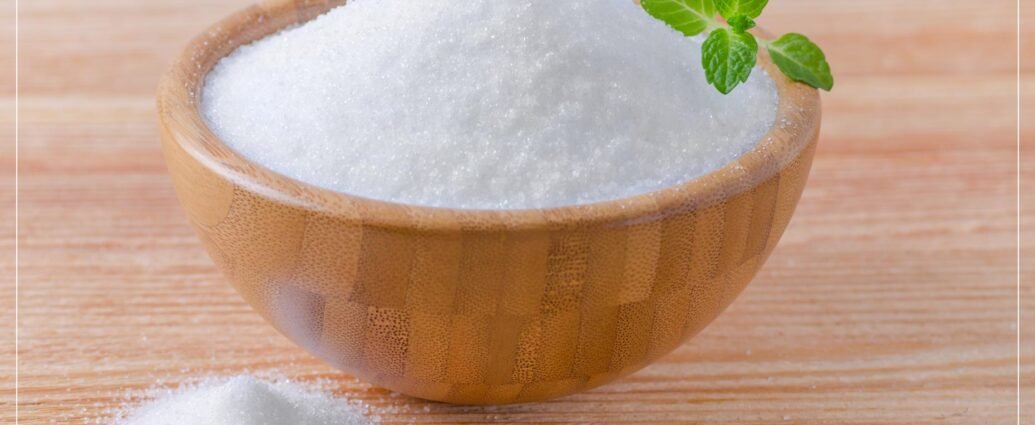The debate about how harmful refined sugar can be for health is very extensive, with many detractors and studies concluding that it is one of the main causes of very common diseases such as obesity, type 2 diabetes, or heart problems. On the contrary, some point out that, in small quantities, it is a key ingredient for the proper functioning of the body, and what is harmful is to abuse it.
The problem is that, in Western societies, the recommended doses of this product are far exceeded. The World Health Organization (WHO) recommends a maximum consumption of 25 grams of sugar per day; an average of 100 grams is consumed a day. According to the organization, the ideal would be to reduce added sugar to less than 5% of total calorie intake.
But if we take the sugar out of our diet, what options do we have left?
Honey.
The most recommended options go through natural alternatives, one of the best known is honey. This product and sugar have about the same number of calories, with the difference that sugar lacks vitamins or minerals. Being natural, honey doesn’t contain as many chemicals, but it should be remembered that it also has to be taken in moderation. Although it is mainly composed of sugars, it has amino acids, antioxidants, vitamins A, C, and E, and proteins.
Stevia
It has been used for years; this plant is used to replace sugar and other artificial sweeteners, but its use has generated quite a controversy. It can be used in raw, in infusion, in liquid or solid presentation, powder… but what has been legally marketed in Europe since 2011 is a chemical derivative, the E-960 sweetener.
The European Union still regards stevia as a new food to continue to be studied, but it has also allowed its use as an infusion, which means a step forward towards normalising its consumption.
The European Food Safety Authority (EFSA) recommends a maximum daily dose of 4 mg stevia extract per kilogram. Thus, an adult 70 kg adult could consume up to 280 mg of extract a day without incurring any risk to their health.
The leaves of the Stevia (Stevia rebaudiana) sweeten up to 20 or 30 times more than sugar, so a little amount is enough to achieve the necessary sweetness. In addition, it does not provide calories and can be included in a diet to treat obesity.
Birch sugar or xylitol
Its origin is 100% natural, obtained from the wood of the Birch Tree, and many consider it the best substitute for refined sugar. Its caloric value is lower, and it is the most recommended natural sweetener for consumption by people with diabetes because it has a very low glycemic index.
Like everything, high amounts have to be avoided since they can have a laxative effect.
